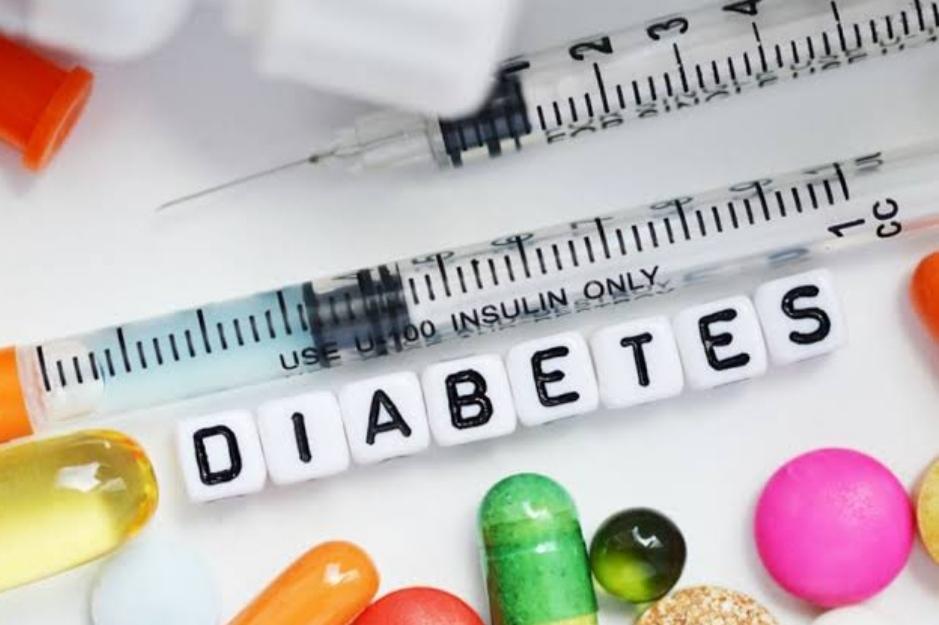Diabetes: 10 early signs you shouldn’t ignore
Diabetes is a chronic condition that affects how your body converts food into energy. The most common type of diabetes is type 2 diabetes, which occurs when your body becomes resistant to insulin or doesn’t produce enough of it.
Diabetes can lead to serious health issues, including heart disease, stroke, blindness, and kidney disease, which is why it’s crucial to pay attention to the subtle signs of diabetes.
Here are ten signs you should watch out for:
1. Increased thirst: If you find yourself drinking more water than usual, it could be a sign of diabetes. When your body doesn’t produce enough insulin, it can’t use glucose for energy, which leads to an increase in thirst as your body tries to dilute the excess sugar in your bloodstream.
2. Frequent urination: Along with increased thirst, you may also notice that you’re urinating more frequently than usual. This is because your body is trying to get rid of the excess sugar in your bloodstream, which leads to an increase in urine production.
3. Extreme hunger: Despite eating regularly, you may feel hungry all the time. This is because your body isn’t able to use glucose for energy, which leads to a feeling of hunger.
4. Unexplained weight loss: Even if you’re eating regularly, you may notice that you’re losing weight without trying. This is because your body is breaking down muscle and fat for energy, as it can’t use glucose for fuel.
5. Fatigue: If you’re feeling tired or fatigued all the time, it could be a sign of diabetes. When your body can’t use glucose for energy, it can lead to a lack of energy and fatigue.
READ ALSO: Health benefits of Bitter Kola you should know
6. Blurred vision: High blood sugar levels can cause the lens of your eye to swell, leading to blurred vision. This is known as diabetic retinopathy, and it can lead to permanent vision loss if left untreated.
7. Slow-healing sores: If you have sores that aren’t healing, it could be a sign of diabetes. High blood sugar levels can impair your body’s ability to heal, which can lead to slow-healing sores.
8. Numbness or tingling in the hands or feet: High blood sugar levels can cause nerve damage, which can lead to numbness or tingling in your hands or feet. This is known as diabetic neuropathy, and it can lead to permanent nerve damage if left untreated.
9. Dark patches of skin: Dark patches of skin on your neck, armpits, or groin could be a sign of diabetes. This is known as acanthosis nigricans, and it’s caused by high insulin levels.
10. Fruity breath odour: If you notice a fruity breath odor, it could be a sign of diabetes. When your body can’t use glucose for energy, it can lead to a buildup of ketones in your bloodstream, which can cause a fruity breath odour.
If you notice any of these symptoms, it’s crucial to see a doctor right away. Early diagnosis and treatment of diabetes can help prevent or delay the onset of serious complications.
Here are some healthy tips to help you listen to your body:
1. Be aware of your body’s normal state: This includes knowing what your normal body temperature is, how strong or weak you are, and how often you urinate.
2. Pay attention to any changes in your body, new symptoms, or changes in existing symptoms.
3. Don’t ignore any symptoms, even if they seem minor.
4. Talk to your doctor about any symptoms that you’re concerned about.
By following these tips, you can learn to listen to your body and identify any potential health problems early. Remember, prevention is always better than cure!
Follow the Neptune Prime channel on WhatsApp: https://whatsapp.com/channel/0029Va74ZvU2v1IqKByXoX3d
Do you have breaking news, interview request, opinion, suggestion, or want your event covered? Email us at neptuneprime2233@gmail.com


